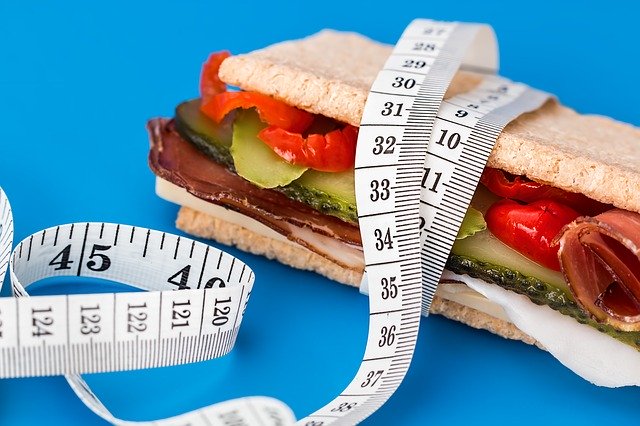-
Tips for becoming a good boxer - November 6, 2020
-
7 expert tips for making your hens night a memorable one - November 6, 2020
-
5 reasons to host your Christmas party on a cruise boat - November 6, 2020
-
What to do when you’re charged with a crime - November 6, 2020
-
Should you get one or multiple dogs? Here’s all you need to know - November 3, 2020
-
A Guide: How to Build Your Very Own Magic Mirror - February 14, 2019
-
Our Top Inspirational Baseball Stars - November 24, 2018
-
Five Tech Tools That Will Help You Turn Your Blog into a Business - November 24, 2018
-
How to Indulge on Vacation without Expanding Your Waist - November 9, 2018
-
5 Strategies for Businesses to Appeal to Today’s Increasingly Mobile-Crazed Customers - November 9, 2018
Doctor support makes weight loss easier
In spite of the fact that overall weight loss rates were modest those participants who said that the primary care physician’s support was particularly helpful lost twice as many pounds as those who did not consider the physician’s support as helpful.
Advertisement
63 percent of the study subjects were women.
A new study has found that the success of physician-aided weight loss programs depends on the relationship between the doctor and the patient. The study group had an average BMI of 36.3.
Researchers said physician-guided weight loss programs are nearly never reimbursed by either Medicare or private insurance, despite the health benefits to obese people losing weight.
During the trial, some obese patients worked to lose weight with the aid of health coaches while their efforts were supervised by their primary care physicians and they were asked to fill out surveys that asked their relationships with their primary care physician.
The team led by primary care physician Wendy L. Bennett analyzed data gathered from a randomized controlled study that lasted for two years and is known as Johns Hopkins’ Practice-based Opportunities for Weight Reduction trial.
It was then found out that participants who gave the highest ratings to their doctors on grounds of helpfulness during the trial lost an average of 11 pounds in comparison to the participants who gave lower ratings to their doctors on helpfulness who lost just 5 pounds. The popular weight loss or diet control programs are having millions of members and the companies are generating billions of dollars in revenue each year.
She noted that many weight-loss programs are commercially run, and patients often join them without their doctor’s knowledge.
In order to study how different aspects of a doctor-patient relationship might influence weight loss efforts, researchers from John’s Hopkins Medicine reviewed information from a prior, two-year study funded by the federal government.
Advertisement
Bennett also underscored the importance of “doctor-patient relationships that include empathy, good communication, collaboration and trust [as it] improve[s] the chances that patients will take medicines as prescribed, keep medical appointments and have better outcomes”.





























